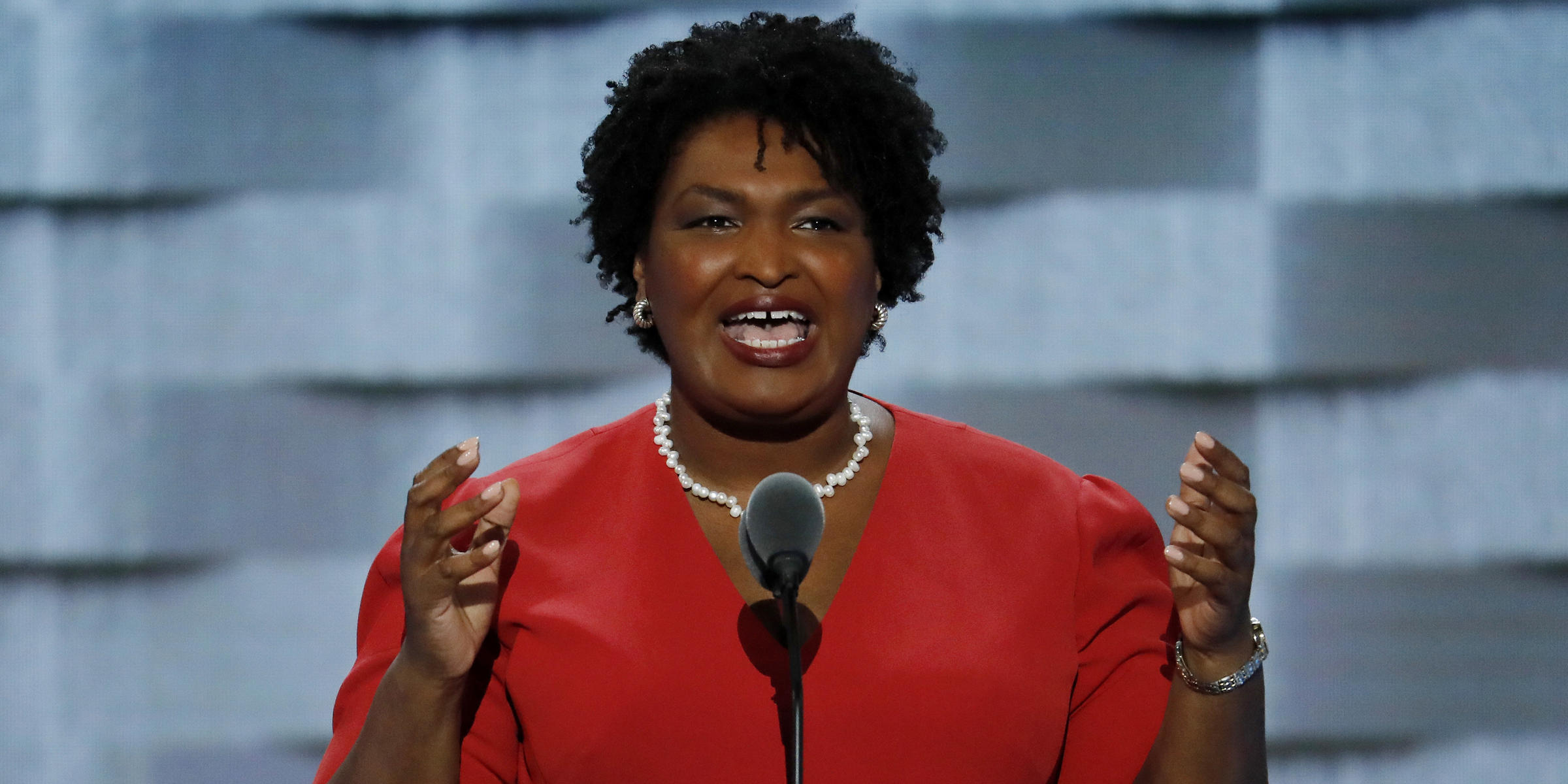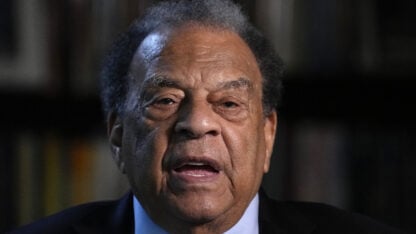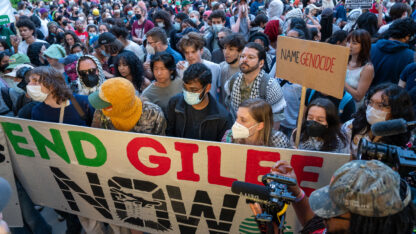Stacey Abrams on concerns about her tax, credit card and student loan debt

Democratic gubernatorial candidate Stacey Abrams spoke about her debts in an interview with WABE’s Denis O’Hayer.
J. Scott Applewhite / Associated Press
Recent financial disclosures show Democratic gubernatorial candidate Stacey Abrams owes the IRS more $50,000. It’s for deferred tax payments, and she’s on a repayment plan.
Abrams also has more than $170,000 in credit card and student loan debt. At the same time, she’s loaned her campaign $50,000.
As “Morning Edition” begins its conversations with the major party candidates running for governor of Georgia, Denis O’Hayer asked Abrams about her debts.
On whether it was smart to make a loan to her campaign before paying off her personal debts
I loaned my campaign money because we were in a startup phase. As the campaign pays me back, I’m applying those dollars to taking care of my debt to my obligations.
On whether that was a responsible thing to do
It absolutely [was]. I want to be the governor of Georgia, and if we tell people you cannot run for office unless you’re a millionaire, then we are telling most Georgians that you don’t have a role in leading your state. Managing your finances doesn’t mean you don’t have debt. It means that you never shirk your responsibilities, and you meet your obligations. And my largest obligation is to my family, to my parents and my 11-year-old niece who my parents are raising. So, I have two households for which I’m responsible.
On her work with a financial services company that had state contracts while a member of the state legislature
Out of an abundance of caution, I was not involved with any conversations that had anything to do with the state of Georgia. The questions of entanglement that we see with the Trump administration look exclusively at the fact that they are intentionally profiting from work that they are doing. This was a company that was doing exactly what the federal government intended for us to do. I spent my time making certain that jobs were created and that families were able to take care of themselves.








